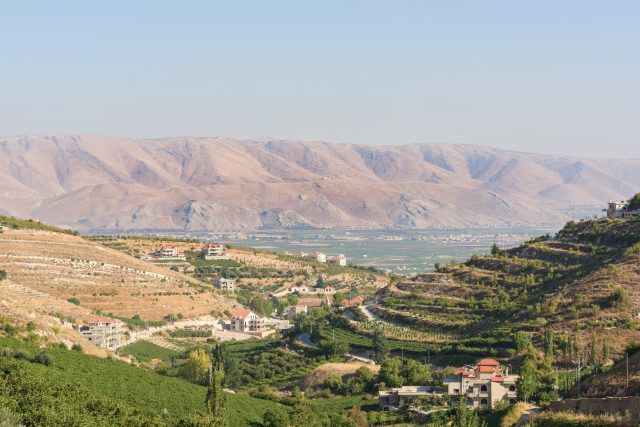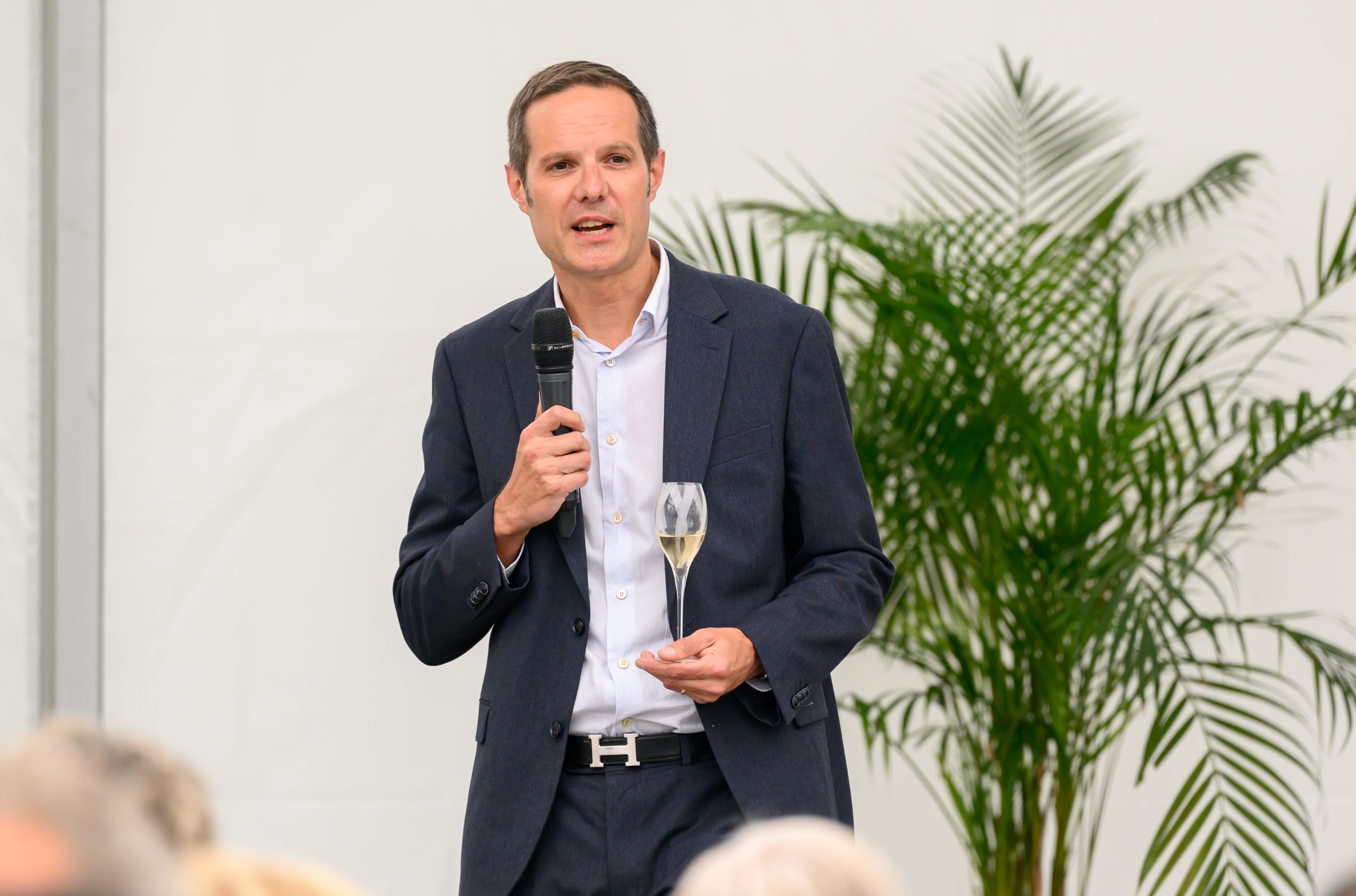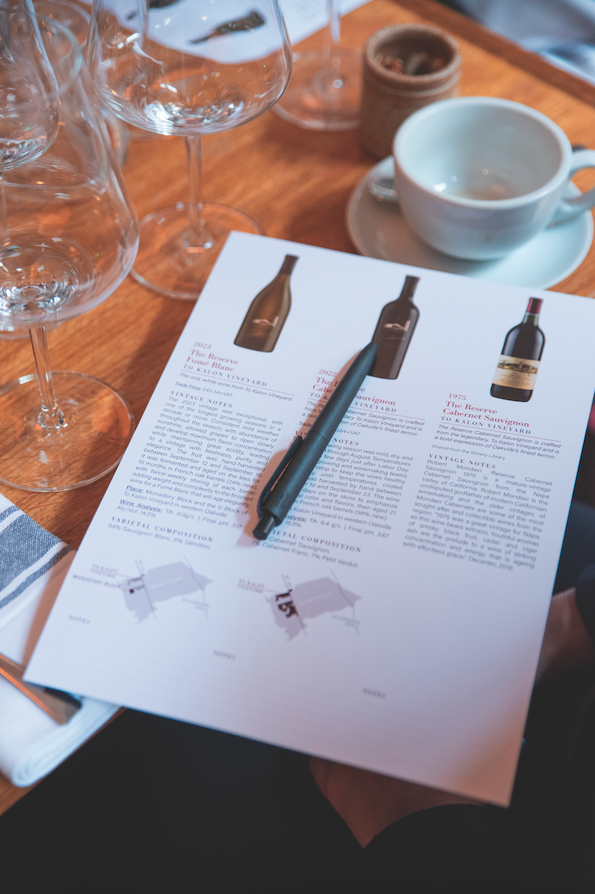Lebanese wineries push for growth amidst crumbling economy
With inflation hitting a record 215% in Lebanon this year, the country’s winemakers are pinning their hopes on exports to survive, learns db.

“We were once the bankers of the middle east. Now we are the beggars of the middle east,” said Etienne Debanne, co-founder and chairman of Lebanon’s IXSIR winery when he spoke to the drinks business last year.
“We have no fuel, no petrol for our harvest, and a personal acess of just 400 euros per month. Plus, 70% of our commodities – glass, bottlecaps etc. – are imported.”
Last summer, Debanne explained, electricity shortages meant the winery only had two to three hours of power per day. The rest of the time, they relied on privately-owned generators, and what energy the winery could produce from its solar panels.
At the time, with the country’s currency worth one sixth of what it once was, one could hardly imagine things getting worse. But then in February of this year, inflation in Lebanon climbed to 215%. By contrast, the UK’s record inflation rates reached 7.9% in the 12 months to April 2022.
With the Lebanese wine harvest starting next month, the country is facing an even starker economic crisis with the cost of basic food having shot up by 351%. There has also been a 72% increase in the price of Diesel in the last few months. For a country that is half the size of Cornwall, it is becoming increasingly challenging to stay afloat.
“In the current crisis, the only way that Lebanese wineries can survive is through exports,” says CEO Jad Esta. “We are finding self-sufficient methods to continue production and to offer to the world outstanding wines. We are also calling all the wineries in Lebanon to join us, and as a united front to present our wines to foreign markets.”
Based in Batroun, Lebanon, IXSIR’s vineyards stretch across the country from north to south, encapsulating sub-tropical and continental microclimates as well as an Alpine altitude where vines grow up to 5,900 feet (the highest vineyards in the northern hemisphere).
IXSIR released its first wines in 2008, and now produces around 600,000 bottles per year, incorporating varieties such as Muscat, Chardonnay, Sauvignon Blanc, Viognier, Assyrtiko and Vermentino, alongside Lebanon’s two native varieties -Obeidy and Merwah. The producer also grows Censault, Carignan and Grenache.
“All our wines are blends,” Debanne told db. “We are a blended nation. We have 17 religions, three different climates – how could they not be? Our whole culture is diversity.”
Partner Content
Amidst the energy crisis, IXSIR is now calling on a slew of innovations to continue making wine, fuel or no fuel.
Zenithal skylights on the winery’s roof help to maximise the use of sunlight across all floors, even reaching the cellar which is 12 metres underground, reducing the amount of energy needed in the building.
Earth is also used to insulate the winery, and a botanical garden planted on its roof helps to keep it cool during the hotter months, reducing the need for refrigeration.
In its Alpine region, the winery is also able to make use of the melting snow to irrigate vines. “The snow in the mountain melts and perculates very slowly into the ground,” said Debanne. “These snow deposits seep down into the root system of the vines.”
The co-founder explained to db that despite the ongoing economic difficulties Lebanon is facing, IXISR offers vine growers a high fixed price as part of a long-term buying contract, which is helping workers to keep their heads above water.
“80 families live on our vineyards that have no other resource than what we give them,” Debanne said.
In the UK (to which IXSIR has so far exported 22,000 bottles), the producer’s wines are distributed by Enotria. Other key export markets are Belgium, Switzerland, France and the US, where IXSIR wines are available in 25 states and expanding. According to Debanne, its wines are also seeing strong growth in Asia (particularly in Singapore, China and Korea).
Related news
Strong peak trading to boost Naked Wines' year profitability




